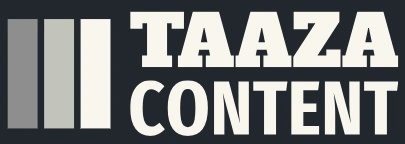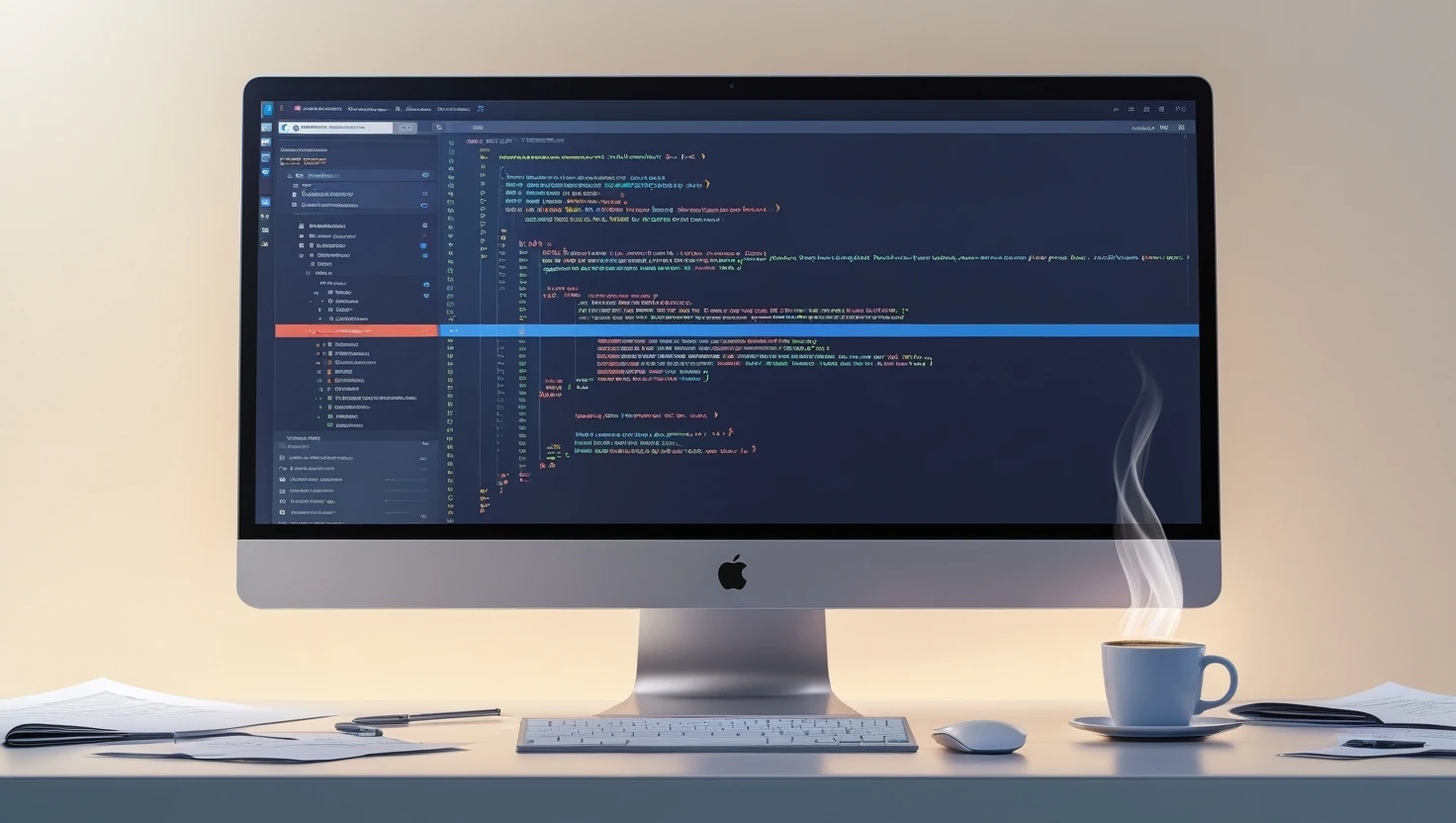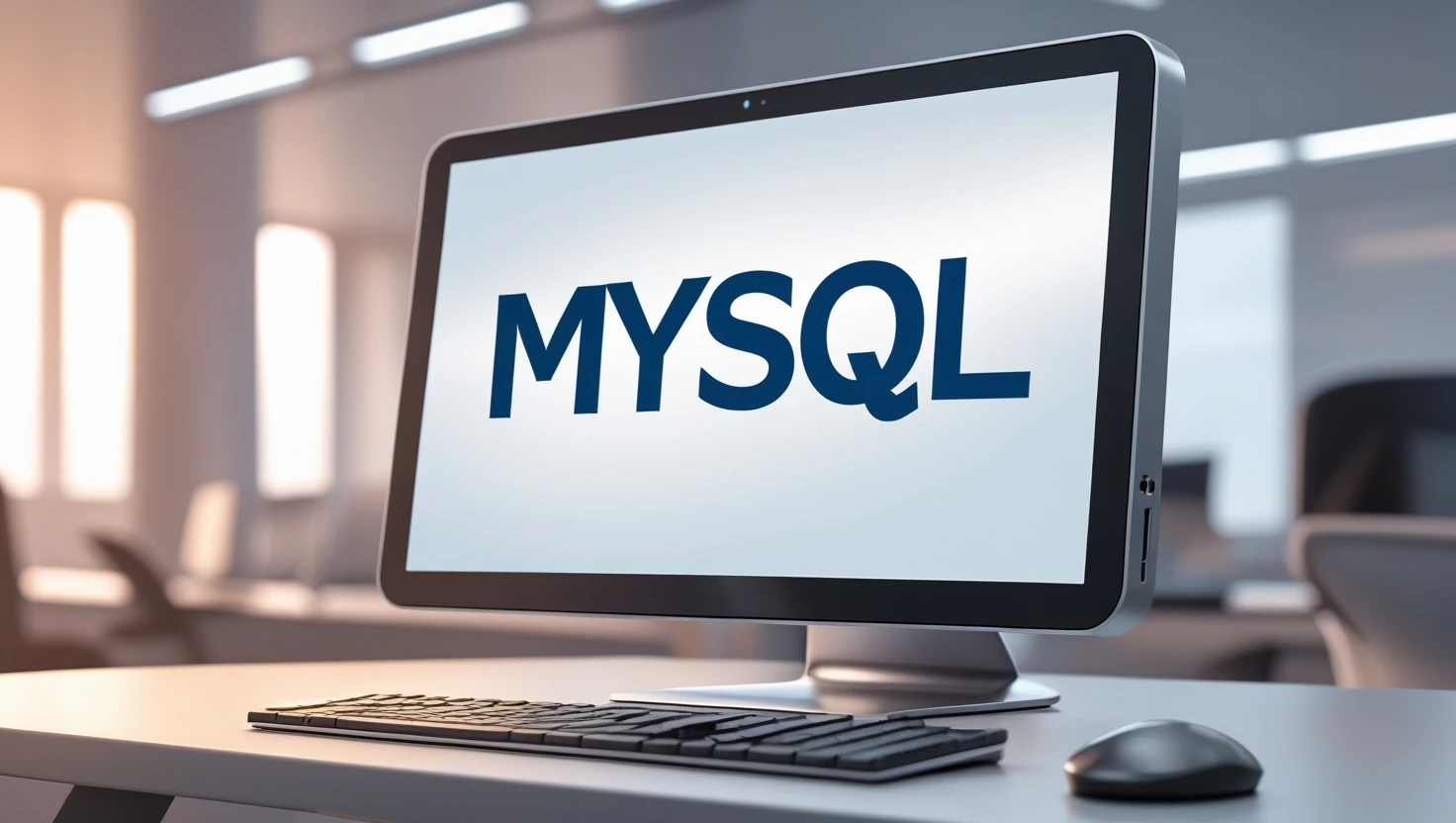Top Programming Languages to Learn in 2025 for Career Growth (Practical Guide)
Choosing the right programming language can speed up your career in 2025—whether you want a first job in tech, a better role, or higher-paying freelance work. This guide explains how to pick a language strategically (based on job demand, ecosystem strength, learning curve, and long-term relevance) and ranks the top options for real careers: AI/ML, backend, mobile, cloud, systems, data, and game dev. You’ll learn where each language shines, who hires for it, and the projects that actually build a portfolio recruiters trust. We keep the advice practical—short roadmaps, typical stacks, example projects, and common mistakes to avoid—so you can move from tutorials to real, resume-worthy code. Use this as your 2025 playbook to pick one language, create focused projects, and turn skills into opportunities.
Why Your Language Choice in 2025 Matters
The tech job market rewards specialists who can ship. Learning a language in isolation is not enough; you need a language that connects to clear job roles, a healthy ecosystem (frameworks, libraries, tooling), and growing domains such as AI, mobile, cloud platforms, cybersecurity, and analytics. Pick one language, pair it with a well-known framework, and build 3–5 small but complete projects that mirror real work. That combination—focus plus proof—opens doors faster than collecting syntax trivia.
How to Choose the Right Language (Fast)
Use these four filters to make a confident choice:
Career goal first: backend, data/AI, mobile, cloud, game dev, embedded, FinTech, or dev tools.
Ecosystem strength: mature frameworks, active community, stable tooling, and abundant libraries.
Learning curve vs payoff: start with a language whose syntax and package tooling won’t slow you down.
Portability & longevity: can your skills cross projects (web, mobile, cloud), and will the language age well?
Top Programming Languages to Learn in 2025
1) Python — The Swiss Army Knife for AI, Data & Automation
Why learn it: Python remains the fastest path into AI/ML, data analysis, automation, and backend APIs. Its readability lowers the barrier to building real projects quickly.
Where it’s used:
AI/ML and data: notebooks, modeling, MLOps pipelines
Backend APIs and microservices
Scripting, test automation, and DevOps glue
Starter stack: FastAPI or Django for APIs, NumPy/Pandas for data, scikit-learn for classical ML, and a notebook workflow for experimentation.
Portfolio ideas:A data dashboard that pulls public data and forecasts a metric
A FastAPI microservice with JWT auth and a small CI pipeline
Who hires: Product companies, startups, analytics teams, research labs, and any org automating workflows.
2) TypeScript (with JavaScript) — The Web’s Professional Standard
Why learn it: TypeScript brings static types to JavaScript, making big codebases safer and easier to refactor—exactly what teams want. It dominates modern frontend and is strong on Node.js backend.
Where it’s used:
React, Next.js, Vue, SvelteKit frontends
Node.js APIs, serverless functions, edge runtimes
Starter stack: Next.js (full-stack), Prisma/Drizzle for database, Playwright for testing, and ESLint/Prettier for hygiene.
Portfolio ideas:A full-stack Next.js app with auth, file uploads, and role-based access
A serverless API (Node + TypeScript) with rate limiting and monitoring
Who hires: SaaS, e-commerce, media, fintech—any product with web interfaces.
3) Java — Enterprise Backbone & Android Server-Side Workhorse
Why learn it: Java powers enterprise systems, financial services, and high-throughput APIs. It’s battle-tested, scalable, and continuously modernized with features that reduce boilerplate.
Where it’s used:
Spring Boot microservices
Large event-driven systems in banks and logistics
Big data tooling and enterprise integration
Starter stack: Spring Boot, JPA/Hibernate, Gradle/Maven, Docker for containerization.
Portfolio ideas:A Spring microservice with pagination, caching, and OpenAPI docs
A Kafka-backed event pipeline that processes orders and payments
Who hires: Enterprises, consultancies, fintechs, government tech programs.
4) C# — Cloud-Ready, Cross-Platform, and Game-Friendly
Why learn it: C# has matured into a versatile, cross-platform language with .NET. It’s excellent for web APIs, desktop tools, and Unity game development.
Where it’s used:
ASP.NET Core for high-performance web APIs
Windows services/desktop, cross-platform tooling
Unity for indie and mobile games
Starter stack: ASP.NET Core + Entity Framework Core + PostgreSQL; or Unity for games.
Portfolio ideas:A high-performance REST API with caching and integration tests
A small Unity game with save states, UI, and polished menus
Who hires: Enterprises, gaming studios, SaaS building on Microsoft stacks, cloud teams using Azure.
5) Go (Golang) — The Language of Cloud Infrastructure
Why learn it: Go is designed for simplicity and concurrency. It’s a favorite for cloud services, CLI tools, and platform engineering. Small binaries and speedy builds make it DevOps-friendly.
Where it’s used:
Microservices, Kubernetes tooling, networking services
Developer platforms, internal tools, observability agents
Starter stack: Go standard library, Chi/Fiber/Gin for APIs, sqlc/GORM for DB, and Cobra for CLIs.
Portfolio ideas:A CLI that manages cloud resources and logs
A microservice with graceful shutdown, health checks, and tracing
Who hires: Cloud providers, infrastructure startups, SRE/platform teams.
6) Rust — Memory Safety for Systems, Security & High-Perf Services
Why learn it: Rust gives C/C++-level performance with strong memory safety guarantees. It’s rising in systems programming, security tooling, game engines, and performance-critical backends.
Where it’s used:
OS components, embedded targets, browsers, game/graphics pipelines
High-performance APIs, crypto/wallet services, and low-latency tools
Starter stack: Cargo, Tokio (async), Axum for web, Serde for serialization.
Portfolio ideas:A high-throughput API with structured logging and benchmarking
A WASM module or a command-line tool with zero-copy parsing
Who hires: Infra/platform companies, security-focused teams, fintech/crypto, performance-sensitive product teams.
7) Kotlin — The Modern Choice for Android (and Beyond)
Why learn it: Kotlin is the preferred language for modern Android and increasingly used on server-side and multiplatform projects. It reduces verbosity and improves safety.
Where it’s used:
Android apps (Jetpack Compose, modern architecture)
Ktor or Spring for backend services
Kotlin Multiplatform (shared logic across mobile platforms)
Starter stack: Android Studio + Compose + Room/SQLDelight; or Ktor with Coroutines on backend.
Portfolio ideas:A Compose app with offline cache, MVVM, and unit/UI tests
A Ktor API paired with a small Android client consuming it
Who hires: App product companies, agencies, startups with mobile-first roadmaps.
8) Swift — Best Bet for iOS, iPadOS, and macOS
Why learn it: If you want Apple platforms, Swift is the direct route. SwiftUI and modern concurrency features make it a productive, future-proof choice.
Where it’s used:
iPhone/iPad apps, watchOS and tvOS
macOS utilities and productivity apps
Starter stack: Xcode + SwiftUI + Combine/Async-Await + Core Data/Realm.
Portfolio ideas:A SwiftUI app with deep links, push notifications, and in-app purchases
A Mac menu-bar app solving a niche productivity pain
Who hires: Consumer and enterprise app teams targeting Apple’s ecosystem.
9) SQL — The Non-Negotiable Skill for Data & Backend
Why learn it: SQL is not a general-purpose language, but it’s essential for data analysis, reporting, and backend engineering. Almost every serious app reads/writes a relational store or warehouses data for BI.
Where it’s used:
OLTP databases (PostgreSQL, MySQL), OLAP warehouses (BigQuery, Snowflake)
Data modeling, ETL/ELT pipelines, analytics dashboards
Starter stack: PostgreSQL + SQL migrations + an ORM in your language of choice.
Portfolio ideas:A dimensional model for analytics with clean, documented SQL
A small ETL pipeline that aggregates app events into daily metrics
Who hires: Nearly everyone—product companies, BI/analytics teams, fintech, logistics, marketing tech.
10) C++ — Performance, Games, and Real-Time Systems
Why learn it: C++ remains crucial for graphics engines, real-time trading, embedded/edge, and performance-critical libraries. If you love low-level control and speed, it’s a powerful career niche.
Where it’s used:
Game engines, VFX pipelines, AR/VR, HFT systems
Cross-platform libraries and performance-sensitive components
Starter stack: CMake, vcpkg/Conan for deps, Catch2/GoogleTest, sanitizers for safety.
Portfolio ideas:A small rendering demo or physics simulation
A latency-aware component used from Python/TypeScript via bindings
Who hires: Game studios, chip/automotive firms, trading systems, AR/VR and graphics toolmakers.
Honorable Mentions (Worth Exploring)
Dart (Flutter): Rapid cross-platform mobile and desktop apps with a unified UI codebase.
Scala: Functional + JVM power for data engineering and streaming.
Julia: Numerical computing and scientific workloads.
R: Advanced statistics, dashboards, and research reporting.
PHP: Still huge for CMS/e-commerce and pragmatic web backends.
Shell/Bash + PowerShell: Automation glue every engineer benefits from.
Career Mapping: Which Language Fits Which Role?
AI/ML & Data Science: Python + SQL (add a bit of cloud + notebooks + pipelines).
Backend & APIs: TypeScript/Node, Java/Spring, C#/.NET, Go, Rust (choose one based on your market).
Mobile: Kotlin (Android), Swift (iOS), or Dart/Flutter (cross-platform).
Cloud/Platform/DevOps: Go or Python; sprinkle in Bash, IaC, observability.
Systems/Security/Performance: Rust or C++; C for embedded where required.
Web Frontend: TypeScript with React/Next.js, plus accessibility and testing.
Pick one primary language + one complementary skill (SQL or cloud) and you’ll be job-ready faster than chasing everything at once.
A 90-Day Action Plan (From Learner to Hireable)
Days 1–7: Foundation & Setup
Install the toolchain, set up a linter/formatter, and learn basic syntax.
Pick one framework and one project idea.
Create a GitHub repo and write a short README with goals.
Weeks 2–4: Build Project #1 (MVP)
Implement auth, CRUD, and tests; deploy to a free/cheap cloud.
Keep scope small; optimize for shipping and documenting choices.
Weeks 5–8: Project #2 (Applied Focus)
Tackle your domain: data app (Python), cloud microservice (Go), or mobile app (Kotlin/Swift).
Add observability: logs, metrics, simple tracing.
Write a short post describing the architecture and trade-offs.
Weeks 9–12: Project #3 (Polish & Portfolio)
Refactor, add CI/CD, measure performance (profiling, caching).
Add real-world touches: pagination, retries, background jobs, or offline sync.
Update your LinkedIn/portfolio with problem → solution → outcome snippets.
This plan works because it mirrors real jobs: you design, build, test, deploy, observe, and iterate.
What Employers Look For (Beyond Syntax)
Proof of delivery: deployed links, screenshots, and concise READMEs.
Code quality: tests, clear folder structure, consistent naming, and docs.
Practical trade-offs: you can justify libraries, data models, and cloud choices.
Communication: short write-ups and commit messages that show ownership.
Security hygiene: secrets management, basic auth, and least-privilege access.
Common Mistakes to Avoid
Learning five languages at once: depth beats dabbling.
Endless tutorial loops: prioritize shipped projects over course counts.
Skipping SQL: even “NoSQL” shops query relational stores somewhere.
Ignoring tests and automation: employers expect at least basic coverage and CI.
No documentation: if others can’t run your code, it doesn’t count.
Conclusion
The “best” language in 2025 is the one that gets you hired for the work you want. If you’re unsure, start with Python (data/AI + automation) or TypeScript (web + backend), then layer in SQL and a bit of cloud. Aim for three small, complete projects that look like real tasks a team would assign. Whether you choose Java or C#, Go or Rust, Kotlin or Swift, your long-term advantage is the same: focus on fundamentals, ship reliably, and keep learning by building. That is the formula that turns a language into a career.












